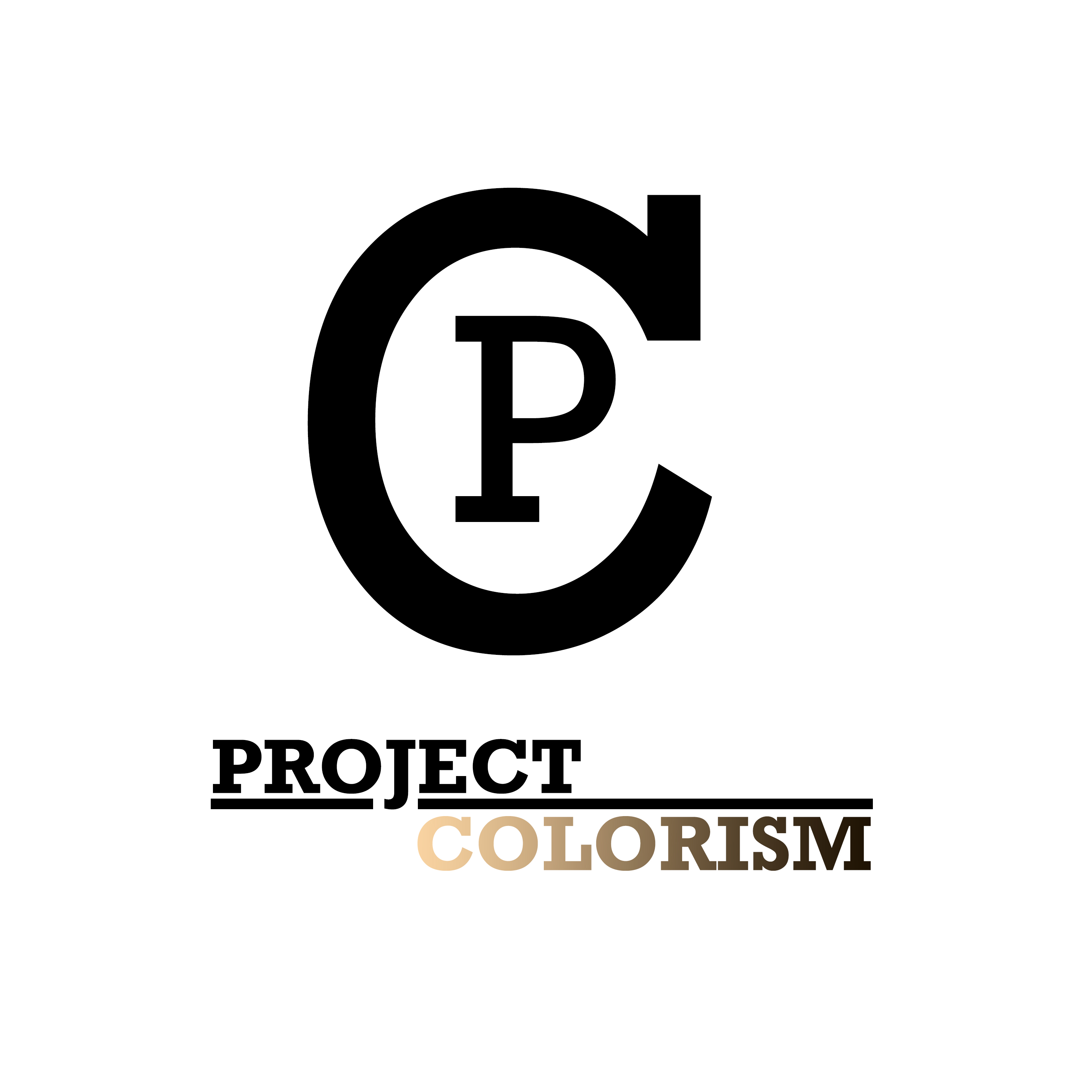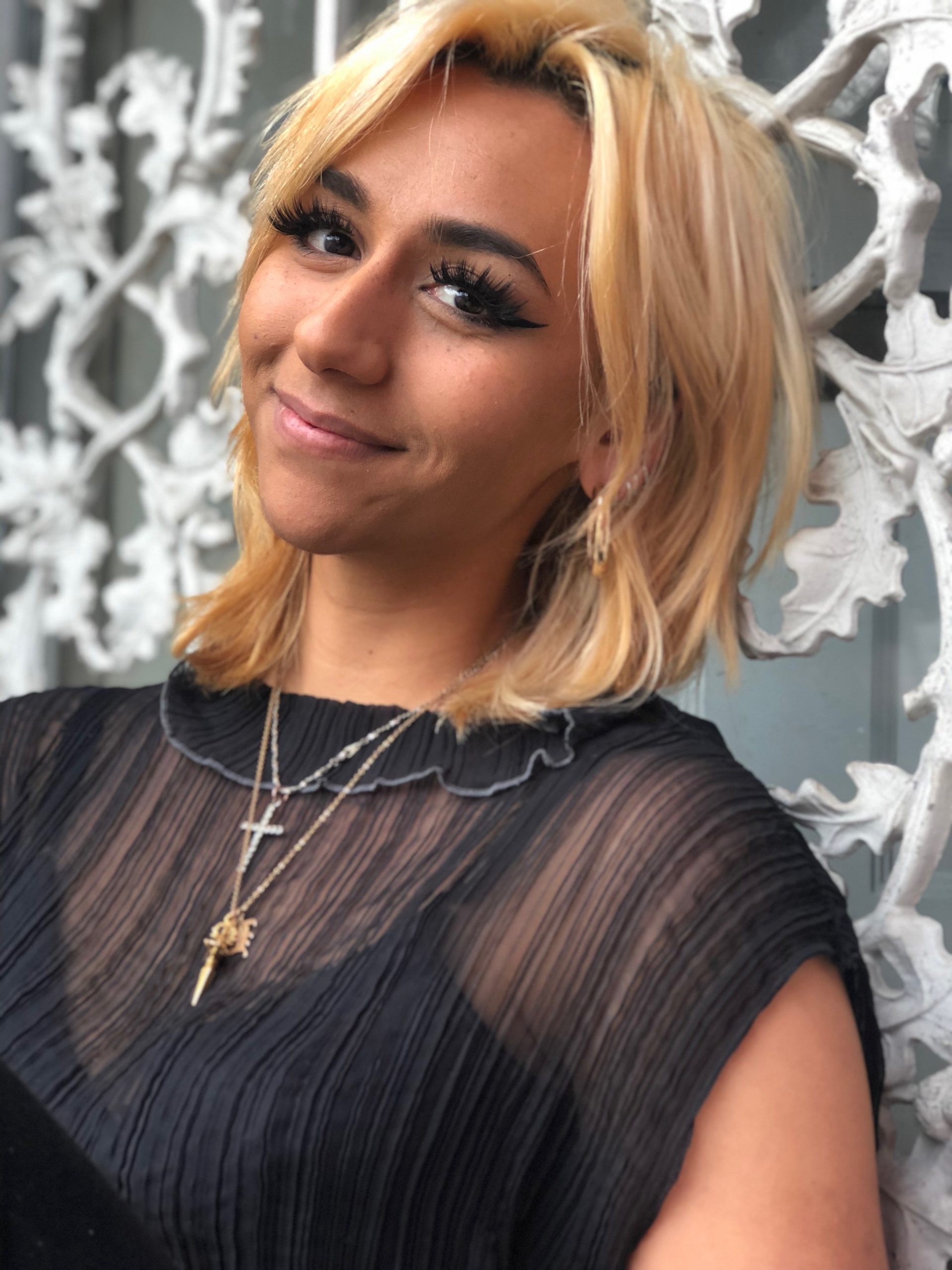Meet Béla, a junior at Temple University studying Political Science and Religion. She grew up in the suburbs of Boston, Massachusetts and has a unique perspective on colorism. Her mother is white and her father is Indian, giving her a specific relationship with her skin tone. Due to her experiences as being biracial, her connection to her identity has shifted throughout her life. “I guess throughout my life the identity “brown” made it hard not to think about how you look. So I think tonally I fit the category of brown, but I know that I am light brown and I have freckles. I think it’s like brown with caveat...my relationship to it. I feel like when I was young I didn’t even know what bleaching products were, so I used them. My relationship to my skin color now is like “ooh, that shit blotchy” and I know why. Because of the bleaching. I feel like my relationship now is dealing with the aftermath of trying to alter yourself. Signifiers of identity are changing for us. When I was bleaching my skin, it was like oh, the fact that I was just tonally darker than my peers was like the biggest conflict of my identity, but now there's enough people bronzing out there that I don’t look too different. Now I have blonde hair and do certain things that code me a certain way, that the way my identity has been colored. The ambiguity is no longer that I am a beige tone. The caveats that create ambiguity now are things like queerness, being 'counter culture' or 'alt', or even like the growing desirability of being an 'exotic' femme. I feel like my identity is almost diluted by doing more of what people think is 'white shit' so I end up functioning as even lighter on the spectrum than just my fairness."

